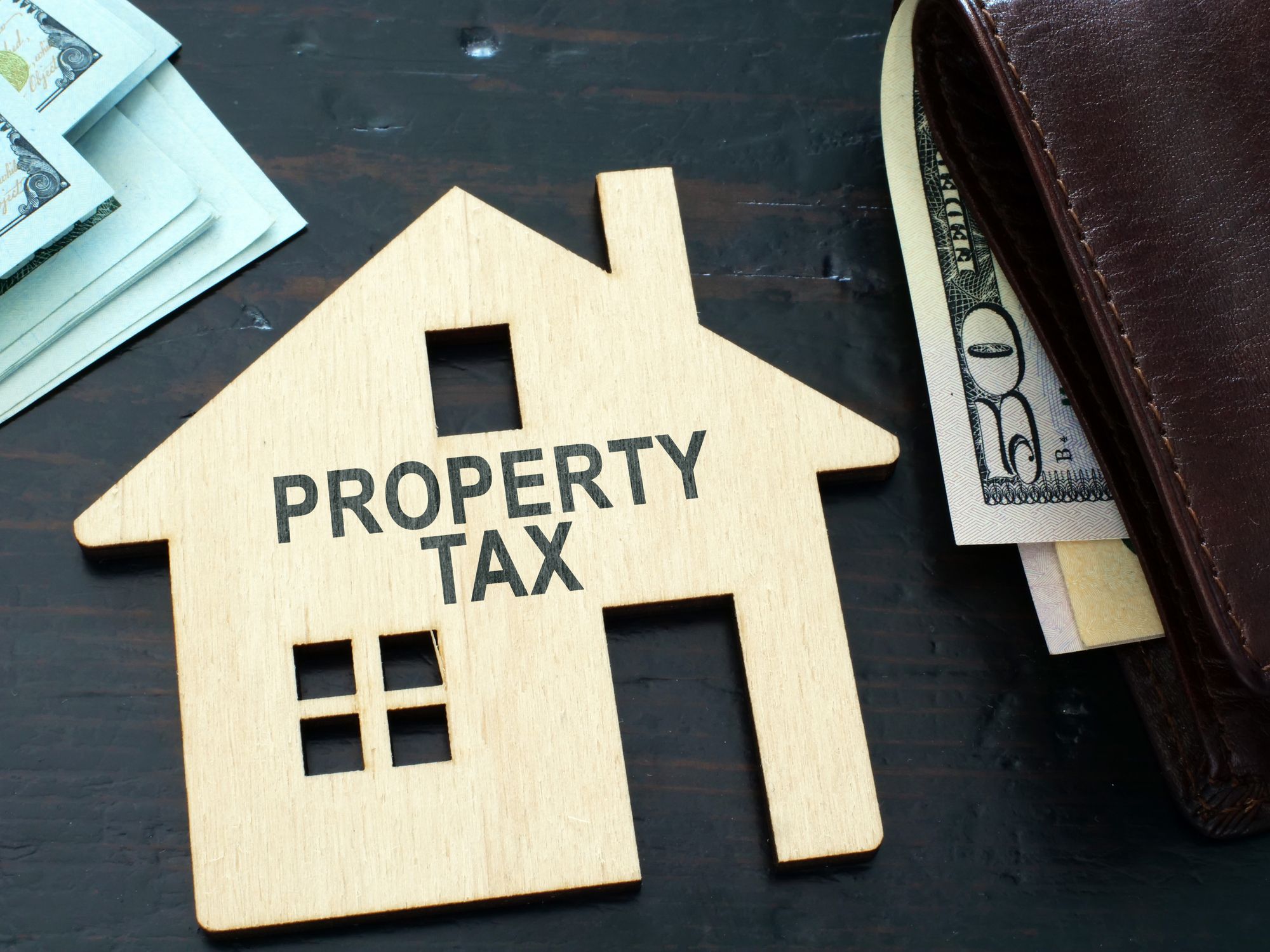
Laws and regulations regarding property taxes vary for every state, and California is no different. The Golden State has its own governing rules on taxing real estate in the area. If you have plans to purchase property here, it’s best to be acquainted with these local tax directives as they could make a distinct impact on your budget and your choice of property.
As you start going through California real estate listings in search of new real estate to purchase, keep the following information in mind:
Development in California property tax payment
California’s fiscal year runs from the first of July to the end of June. Moreover, the deadline for paying property taxes is on April 10, as outlined in the state law. This deadline was not moved even during the Covid-19 lockdown that began March 19.
Normally, the counties assess and collect the property taxes from the homeowners and commercial real estate owners. However, with the special situation brought about by the pandemic, taxpayers were urged to remit payment remotely.
To fulfill their dues, taxpayers were given the option to use online, telephone, or mail-in payment systems according to their availability in their respective counties. Moreover, checks were required to have a postmark no later than April 10, 2020.
The 1% limit
As standard practice, the amount of property tax depends on the value of the property as assessed by the county or municipality. In California, real estate owners would pay a mere 1% of the sales price during the first fiscal year of ownership as this is the state limit on general property taxes. Meanwhile, any increase in assessed value is limited to 2% per year.
Why the low taxes, you might ask. These tax ceilings are designed to keep California’s overall property taxes lower than the national average, and consequently, to lessen the financial pressure on property owners.
However, California has a supplemental property tax bill that accounts for the difference in property value between the current tax rolls and the new value at the time of the sale, as the value may have changed significantly since the original owner bought it. Any appreciation in value will come with corresponding taxes to be paid for by the buyer. If the value drops, the new homeowner is refunded for the excess amount.
Aside from the 1% tax, property owners in California may also have to pay additional taxes on the local level, such as Mello-Roos taxes, parcel taxes, assessments, etc. The taxes for Mello-Roos, otherwise known as Community Facilities Districts (CFDs), are voted on by property owners and are then used to fund projects in CFDs that involve public services, infrastructure, and other improvements.
What are the property taxes in California used for?
Like any other jurisdiction, the revenues that the state of California generates for tax collection are used to fund many public initiatives in the state. These include the repayment of general obligation bonds for local infrastructure projects, such as the construction and maintenance of state-owned schools and their respective facilities. A portion of the revenues goes into the payment of voter-approved debt, such as voter-approved retirement benefits, state water project payments, and Mello-Roos.
Are there any exemptions?
California state laws allow for a principal place of residence to receive a Homeowner’s Exemption that imposes a $7,000 reduction to the assessed value of the home. With the 1% tax rule, this allows homeowners to receive $70 in tax savings. Homeowners will have to apply for this exemption at the County Tax Assessor before it can be enjoyed.
Some property tax exemptions are also afforded to senior citizens and family members. California Propositions 60 and 90, amendments crafted especially for those 55 years old and above, allow those within the eligible age bracket to sell their principal place of residence and keep their current property tax obligations unchanged, as long as their new home is equal to or lower in value than their original home.
Meanwhile, Propositions 58 and 193 do away with the application of supplemental tax in home sales involving children and grandchildren, respectively.
For those asking themselves, “How can I sell my house fast in California?” Stephen Haw and his team are here to assist you. Call The Stephen Haw Group at 310-503-9886 or leave a note here.

